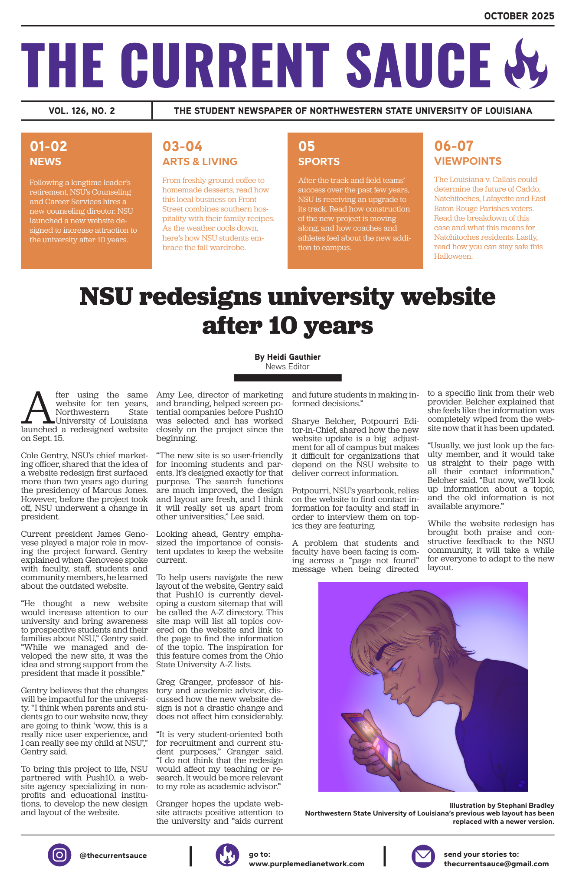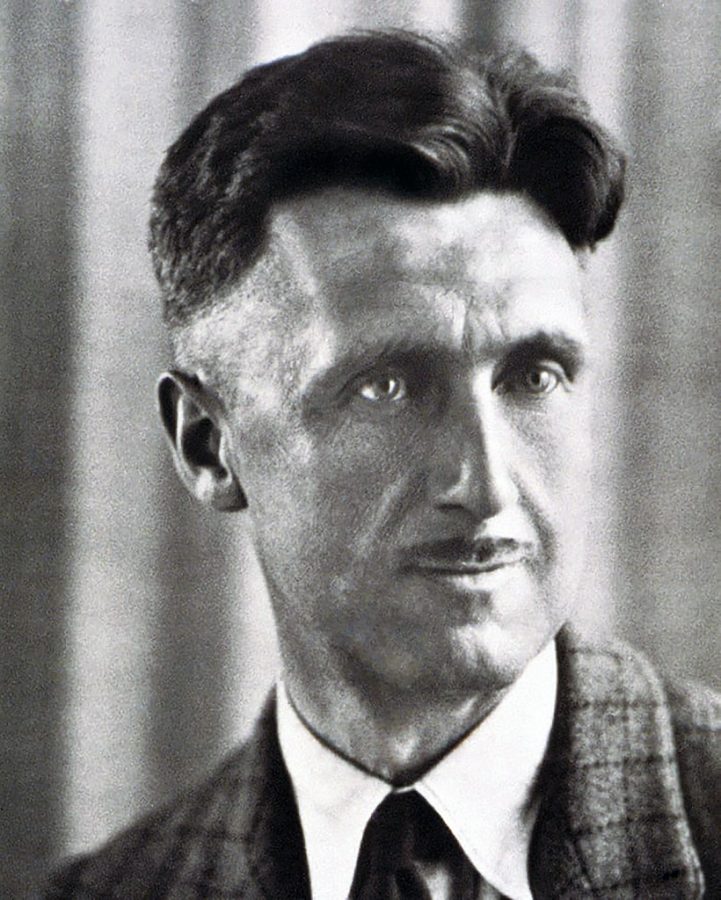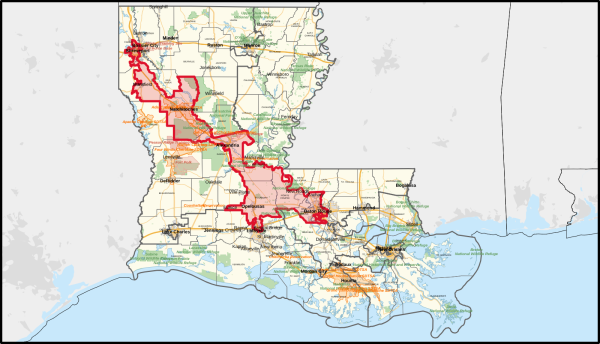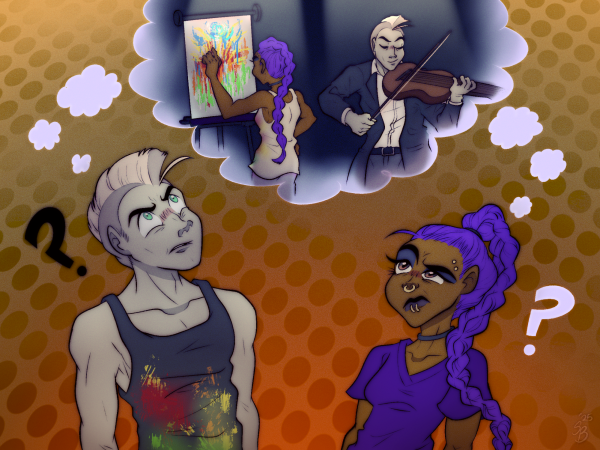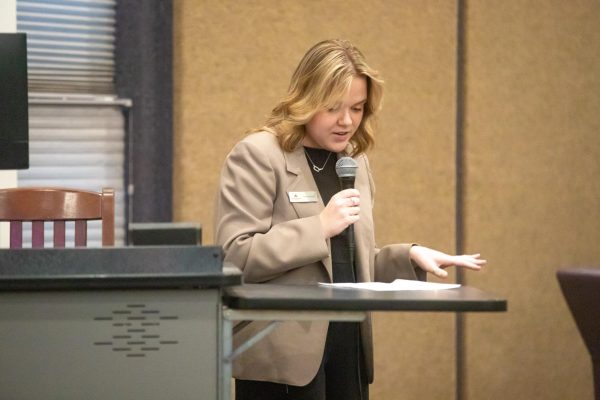“Homage to Catalonia” promises hope in the chaos
George Orwell is better known for works like “1984” and “Animal Farm” both of which are biting criticisms of the totalitarianism from Nazi Germany and the Union of Soviet Socialist Republics that he saw from 1939 to 1950.
“Homage to Catalonia” is one of the lesser known non-fiction stories told by Eric Arthur Blair, otherwise known by his pen name George Orwell.
What originally brought my attention to this book is the strange times we currently live in, the COVID-19 pandemic, the aftermath of the 2020 election, increasing partisanship, political radicalization, climate change and more.
There is a sense of relaxation, anxiety and even fascination in reading about past historical events or stories that share that feeling of timelessness.
“Homage to Catalonia” discusses how bad things can really get, the similarities of the past and present and brings its readers uplifting moments that show that all bad times come to an end.
Orwell is better known for works like “1984” and “Animal Farm” both of which are biting criticisms of the totalitarianism from
Nazi Germany and the Union of Soviet Socialist Republics that he saw from 1939 to 1950.
“Homage to Catalonia” is a firsthand account of the Spanish Civil War. Orwell signed up to join one of the foreign volunteer divisions during the war.
During 1936 to 1939, Spain had a violent civil war between nationalists (fascists, conservatives, monarchists, etc) and the republicans (socialists, liberals, moderates, communists and anarchists). The Nationalists won this war with massive support from Nazi Germany and Fascist Italy, and the nationalists installed a fascist dictatorship that wouldn’t end untill 1975.
Orwell fought alongside the republicans during the war and was a member of their communist militias, the Partido Obrero de Unificación Marxista or Workers’ Party of Marxist Unification.
What makes this book interesting is how it details the politics and experiences Orwell had during this conflict.
The story drifts from commentary from Orwell himself regarding issues that were important on the ground to awestruck wonder by Orwell as he describes the enthusiasm among people who volunteered to fight fascism.
Orwell captures this mix of commentary and detailed descriptions when he first is in Barcelona remarking how the common person on the streets referred to one another not by mister or miss, but by comrade or friend, along with the general change of the air and atmosphere to the positive despite it being a city at war and on rations.
These experiences changed Orwell and even shook him when it came to his beliefs.
Orwell joined the civil war on the side of the socialists and communists, but towards the end of his time, began to express regret that he didn’t join the anarchists’ side and their militias.
This comes up when Orwell takes part in the May Days of Barcelona where, instead of fighting the fascists, he was now fighting the communists and even the republicans trying to take back control of Barcelona from the anarchists.
To Orwell the war was no longer about a Spanish Republic, a fascist Spain or a communist Spain, but whether Spain was free or not.
Orwell left the conflict still a committed socialist, but became very hostile to the Union of Soviet Socialist Republics, and in fact, it’s these experiences and beliefs that led him to write “1984” and “Animal Farm” as a warning to how people will take advantage of good causes to create tyranny.

